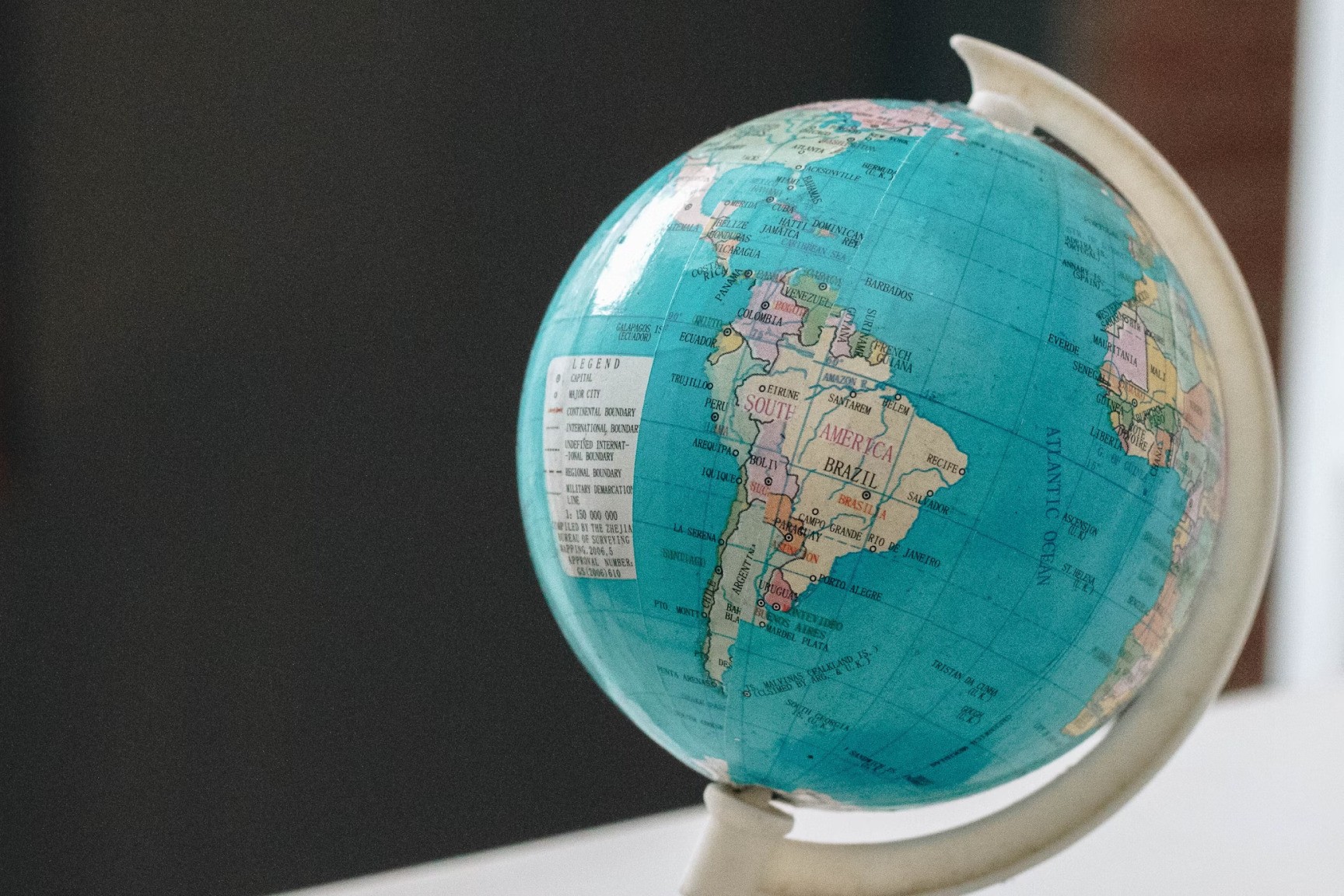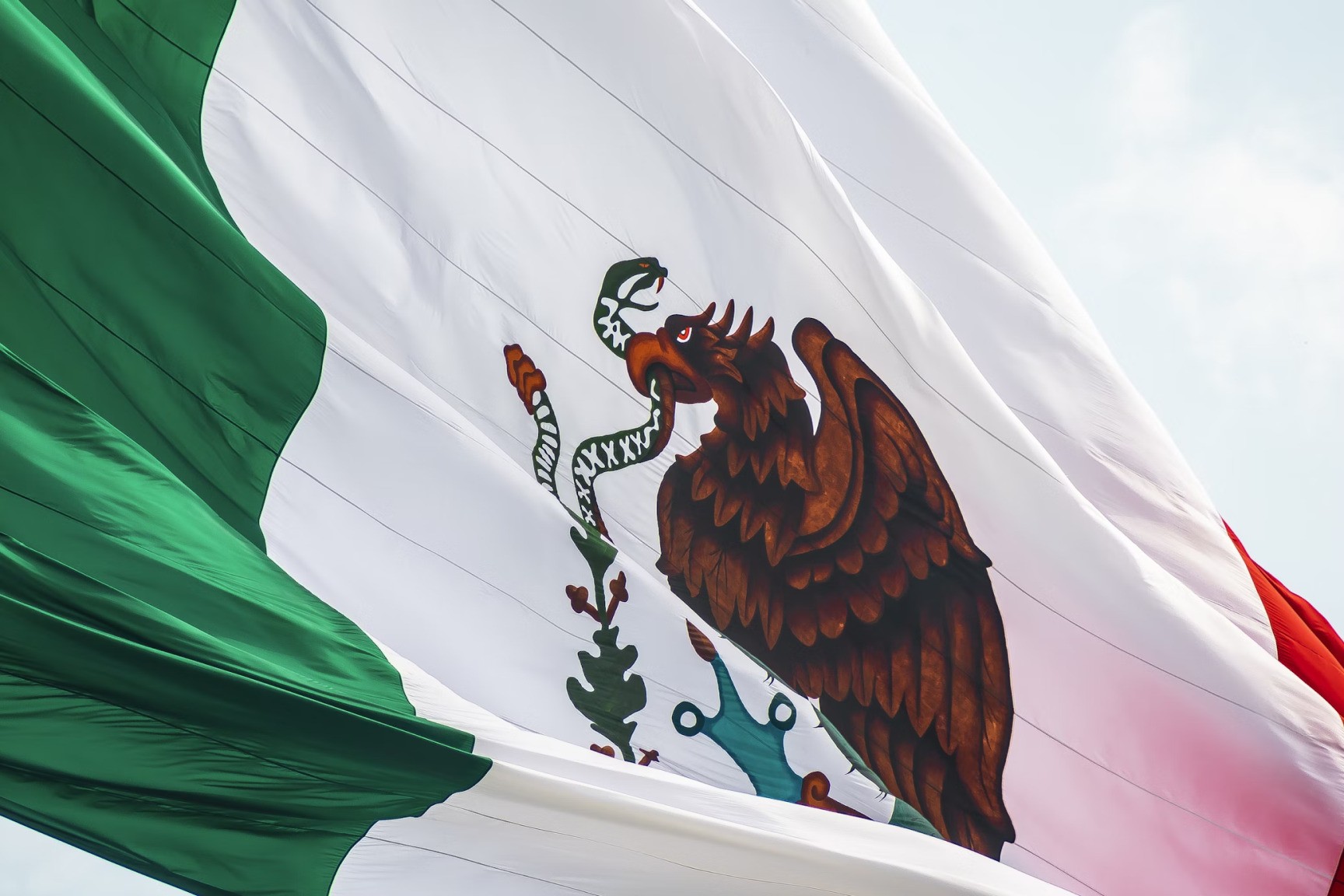
Ministers of Women’s Affairs and authorities from mechanisms for women’s advancement in Latin America and the Caribbean inaugurated today the 62nd Meeting of the Presiding Officers of the Regional Conference on Women, organized by ECLAC in coordination with UN Women.
Women’s autonomy, gender equality and the building of a care society are a precondition, path and catalyst for sustainable development, according to the Ministers of Women’s Affairs and authorities from mechanisms for women’s advancement in Latin America and the Caribbean who participated today in the inauguration of the Sixty-second Meeting of the Presiding Officers of the Regional Conference on Women, which was held virtually on Thursday, January 27.
The meeting – attended as well by delegates from the region’s countries, members of international organizations, academia, women’s and feminist organizations, civil society and trade unions, among others – is being organized by the Economic Commission for Latin America and the Caribbean (ECLAC), which serves as the Secretariat of the Conference, in coordination with the United Nations Entity for Gender Equality and the Empowerment of Women (UN Women).
Speaking at the opening session were Alicia Bárcena, Executive Secretary of ECLAC; María-Noel Vaeza, Regional Director for the Americas and the Caribbean of UN Women; and Mónica Zalaquett, Minister of Women’s Affairs and Gender Equity of Chile, in her capacity as Chair of the Presiding Officers of the Regional Conference on Women in Latin America and the Caribbean.
The gathering featured the participation of Sima Bahous, the new Executive Director of UN Women who, along with Alicia Bárcena and María-Noel Vaeza, launched the Special Session of Regional Consultation prior to the 66th session of the Commission on the Status of Women (CSW).
“The recovery will be feminist, or it will not be at all,” Alicia Bárcena, ECLAC’s Executive Secretary, remarked in her opening speech. Reflecting on her years at the helm of ECLAC, she reviewed the contributions to substantive equality in the region and to the regional gender agenda that were made under her leadership.
In that regard, she recalled that ECLAC has contributed to establishing women’s autonomy as an issue in the region, to analyzing and linking gender inequality to the lack of women’s autonomy, and to producing evidence on women’s physical, economic and decision-making autonomy, their interrelationships, and their manifestations in the structural constraints of inequality.
Separately, she said that women have been on the front lines of the response to the COVID-19 pandemic and that the importance of care and equality for the sustainability of life has never been clearer.
She emphasized that in the face of a development model that is associated with the concentration of wealth, environmental deterioration, the climate crisis and care crisis, the increasing precariousness of women’s living conditions and societies marked by patriarchy, racism, violence, inequality and the culture of privilege, “we cannot go back to a normality that produced huge inequalities, poverty and suffering.”
For that reason, “we need an urgent shift in the development model to move towards a care society that recognizes the interdependence of people and the environment; the interdependence between productive processes and society; and that puts the sustainability of human life and the planet at the center,” Alicia Bárcena affirmed.
She warned that the pandemic has widened gaps and disproportionately harmed women, who are concentrated in the sectors most affected by job losses. But the discouraging data is not confined to the realm of economic autonomy, the Executive Secretary stated.
“We must shine a light on the pandemic in the shadows. Femicide and other gender-based violence continue to affect women and girls in the region. According to ECLAC’s Gender Equality Observatory, at least 4,091 women were victims of femicide in 26 of the region’s countries in 2020, and one out of every four girls and adolescents in Latin America and the Caribbean contracted marriage for the first time or maintained a live-in relationship before the age of 18; this is a harmful practice and a human rights violation that has not changed in the last 25 years,” she declared.
In her remarks, the senior United Nations official highlighted that in the last decade, ECLAC has accompanied Latin American and Caribbean governments in their work to address conceptual and public policy challenges to promote sustainable development based on gender equality and women’s rights and autonomy.
She noted that the Montevideo Strategy for Implementation of the Regional Gender Agenda within the Sustainable Development Framework by 2030 constitutes a contribution by the region to putting gender equality and women’s autonomy at the center of the debate on sustainable development. The Santiago Commitment, meanwhile, takes a forward-looking view, with agreements in areas that had not been addressed before in the Regional Gender Agenda and that are key for responding to emerging challenges for women amid changing economic, demographic, climate and technological scenarios.
Finally, Alicia Bárcena pointed up the strength, courage, capabilities and creativity of women in Latin America and the Caribbean and their organizations, and she reaffirmed ECLAC’s commitment to continue championing policies and partnerships that would allow for protecting the progress made on guaranteeing women’s rights in the last decade, preventing setbacks and promoting a transformative recovery with gender equality, which is based on the feminist principles of redistribution of power, resources, work and time.
“The goal must be to move towards the forging of fair and egalitarian development patterns. We see the care society as a civilizational leap forward, as the most promising horizon for a transformative and sustainable recovery with gender equality,” she added.
“Together we can do more and better for a sustainable, inclusive and resilient recovery. I will say it again: the post-pandemic recovery in Latin America and the Caribbean will be feminist, or it will not be at all,” she concluded.
In her remarks, María-Noel Vaeza stressed the urgency of better incorporating women into the socioeconomic recovery, with strengthened systems for comprehensive care and with universalized access to technology.
“These elements will allow for building more just and egalitarian societies, with better conditions for addressing present and future challenges. I believe it is critical to emphasize that the creation of comprehensive care systems can become a true motor of the region’s socioeconomic recovery, leaving no one behind,” she stated.
Minister Mónica Zalaquett, meanwhile, indicated that the pandemic has exposed the fragility of the hard-won achievements made on gender equality.
“Today it is imperative to work so that the post-COVID-19 world can be structurally less unequal. This crisis has given us a unique opportunity to implement actions that would allow us to reduce gender gaps and move steadily towards sustainable development. We must act urgently to restructure care systems,” she said.
At the 62nd Meeting of the Presiding Officers, authorities will exchange opinions and positions on preparations for the fifteenth session of the Regional Conference on Women in Latin America and the Caribbean, which will take place later this year in Argentina and will have as its central theme, “The care society: a horizon for sustainable recovery with gender equality.”















